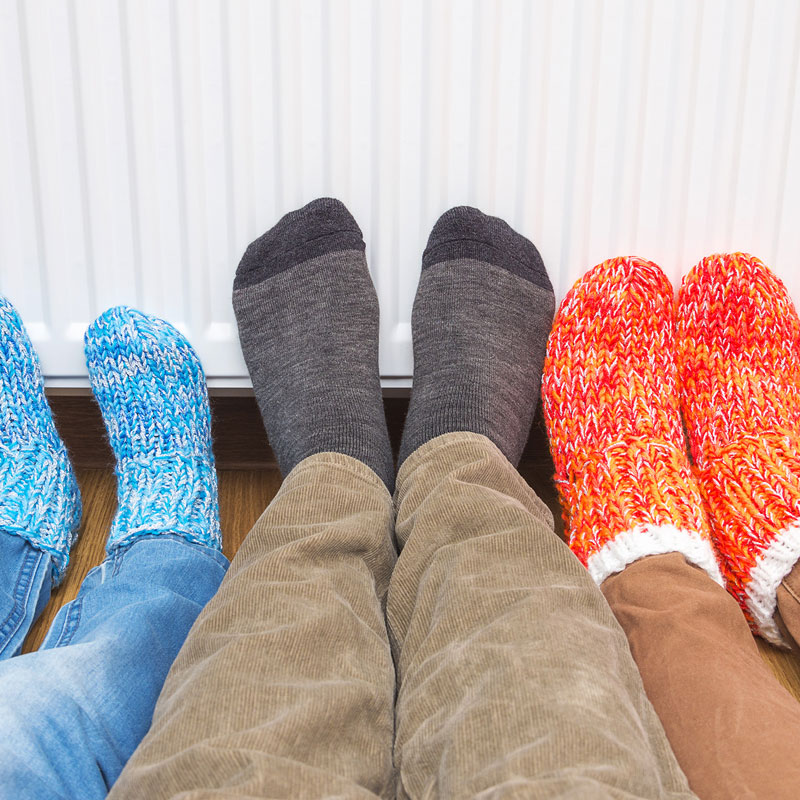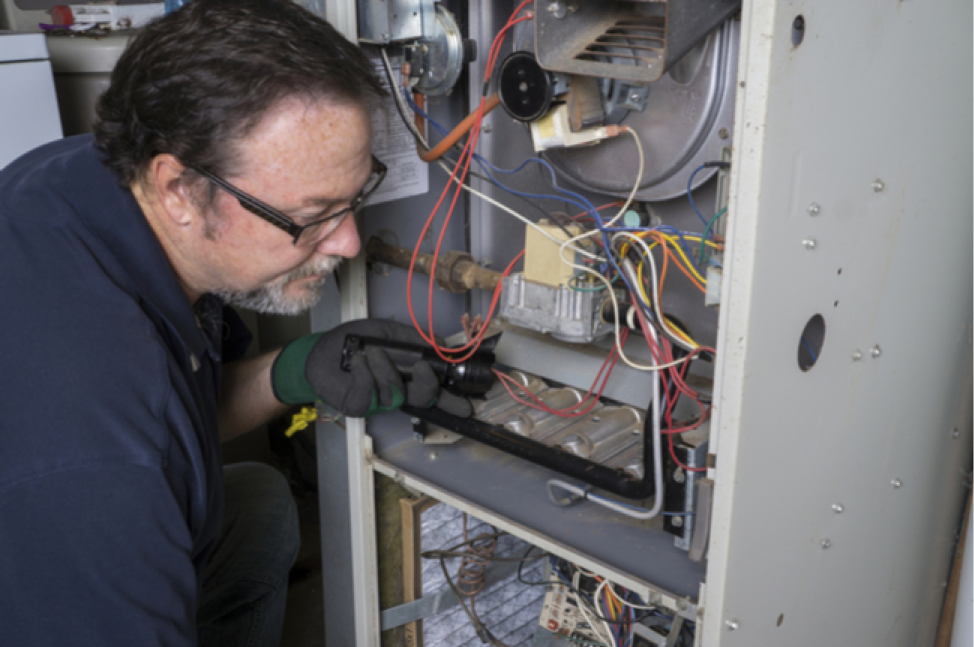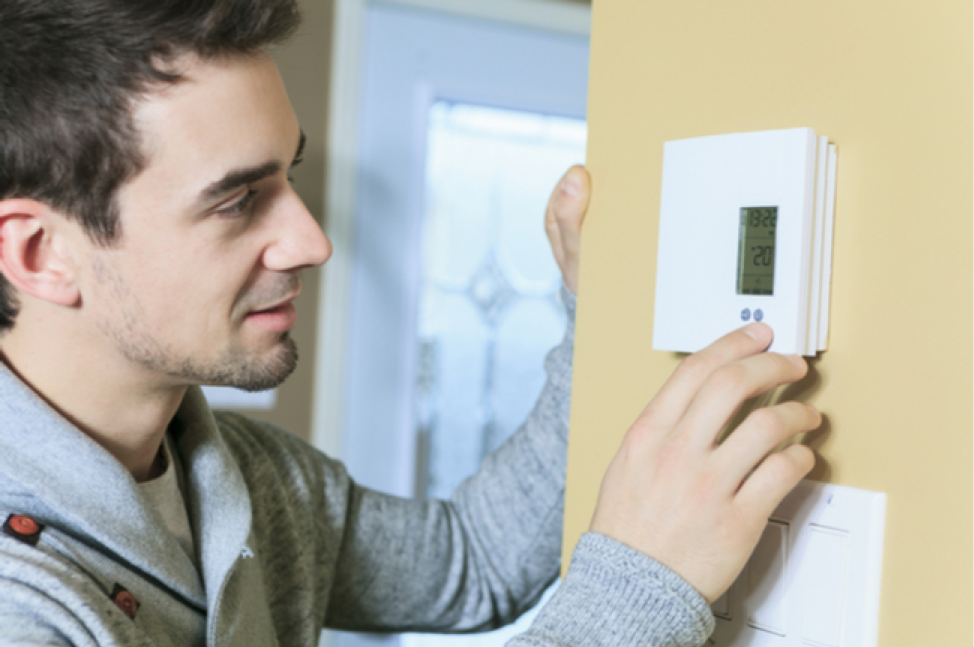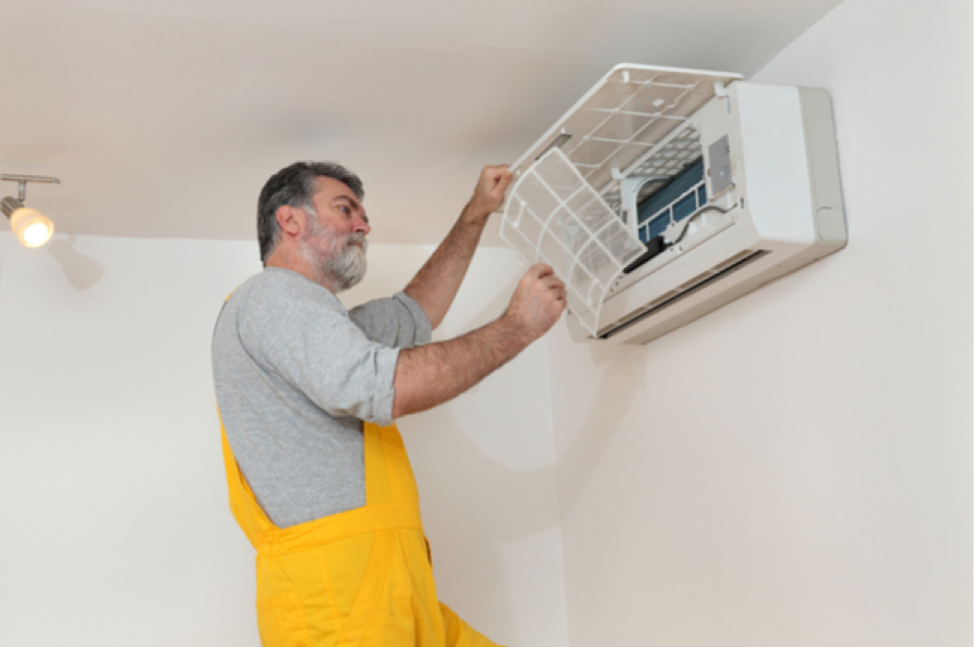

Even in places that have nice weather year-round, lower temperatures are bound to occur and when it does heaters are a must-have.
Look:
With some of the unseasonably cold winters lately, you’ll want to keep your house at a comfortable temperature.
Today, you’ll learn everything you need to know about heater and furnace repair.

This article was written to answer all your questions about heating and furnace repair. Whether you want to understand why your furnace stopped working or determine if you need to replace or repair your heater, you can use this article to find the answer you need. If you don’t know where to start, we recommend you read the whole thing through and bookmark it to come back to as needed. If you have a specific issue, go ahead and click through to the section that will best answer your questions.
Pro tip: Furnace and AC manufacturers recommend that you have your heating and AC systems checked out by a professional every year. Don’t wait until your system breaks down. Need a professional to look at your heater or furnace in Orange County? We can help. We offer comprehensive AC and heating services, including installation and repair throughout major Orange County cities. Contact us for a quote today!
When you’re considering getting a new heating system in your house, the first step is to understand what system your house currently has and whether or not that’s the heating system you want.
You might have heard the terms heater, furnace, boiler, and heat pump used before. However, most people don’t know what those terms mean or what system their house uses.
Essentially, a “heater” is a catch-all term that people use to describe centralized heating systems. Each system works differently.
Overall, the way that these heating systems generate and circulate heat throughout your home is what makes them different.
Why does this matter?
You need to know what kind of system you have when you call a heating and air conditioning company for furnace repair.
Heater – A heater is a system that uses a furnace and/or boiler to produce heat that the heating system will radiate and distribute through the whole house.
Furnace – A furnace is a device that runs off gas or electricity to generate heat. Your centralized heater most likely uses a furnace to produce the heat in your house.
Boiler – A boiler generates heat by using hot water to heat your living space. Your heater could use a boiler and/or a furnace to generate heat.
Heat Pump – A heat pump is a different system altogether that can adjust the air in your house by displacing it with air from the outside. When the AC is on, it moves hot air out of your house and replaces it with cool air from outside. When the heater is on, it moves the cold air out of your house and replaces it with hot air from outside.
If you’ve noticed that the heater in your house isn’t working well or isn’t producing as much heat, you might want to call a furnace repair technician to come take a look.
However, there are some things you can check first to ensure it isn’t one of these issues:
If you go through this list and everything seems to be in order, then you could have a more serious problem and you should contact a heating and air company for furnace repair.

If your heater stopped working because of one of these issues, you’ll still want to have a heating professional repair like South County Air come check your system. As tempting as it is to get broken equipment up and running, there’s usually more than one reason that your system has stopped working.
If you simply reset the breaker or change out a blown fuse, you most likely still have an underlying issue that you couldn’t notice. That’s why we recommend having a professional go through and look over your entire system (even after you’ve fixed a minor issue), to ensure your system is performing efficiently.
Tip: To avoid issues from occurring, we highly recommend you have a heating repair professional check out your heating system every 2-3 years. You want to make sure that it’s operating properly, because there could be dangerous underlying issues that you wouldn’t notice or know to look for that could cause electrical issues, a fire, carbon monoxide poisoning, etc.
After you’ve had some issues with your heater, you might be confused as to whether you need a furnace repair or whether you should just replace it. How are you supposed to know what needs to be done? Below are some signs that you either need to repair or replace your heater.
Regardless of the issues that your heater has, you need to make sure that you have a furnace repair professional look at your system to ensure it’s working safely and properly.
Like any other object in your house, you need to keep your central heating system clean to avoid needing a heating repair. When your heater becomes dirty, the dirt will compromise the heater’s ability to do its job.
To keep it clean, make sure you:
Bottom line?
Furnace cleaning will ensure it runs efficiently for a long time. Before you start to clean it, make sure the heat is turned off.
Your furnace requires maintenance, just like anything else in your house. There are a couple of things you could do to avoid needing a heating repair:
If the filter becomes clogged, it could cause:
Why does this matter?
The filter is one of the most important parts of your heater. It keeps your heater running properly, and keeps dirt, dander, and debris from circulating throughout
your home, which can be dangerous for your health and the indoor air quality in your house.
Do you need a new heater or AC? We can help. Our small owner-operated business has been providing Heating and Air Conditioning services throughout south Orange County for almost 20 years.
Let us get started with your installation or repairs . We can help with residential and small commercial installation as well as AC and heating repair.
South County Air is dedicated to providing our customers with high-quality, long-lasting products and skillful service. Please call today and let us know how we can be of assistance.


New customers get $30 off
diagnostic fee. (reg. $95)
**New Customers Only**

Available for qualifying new heat pump systems